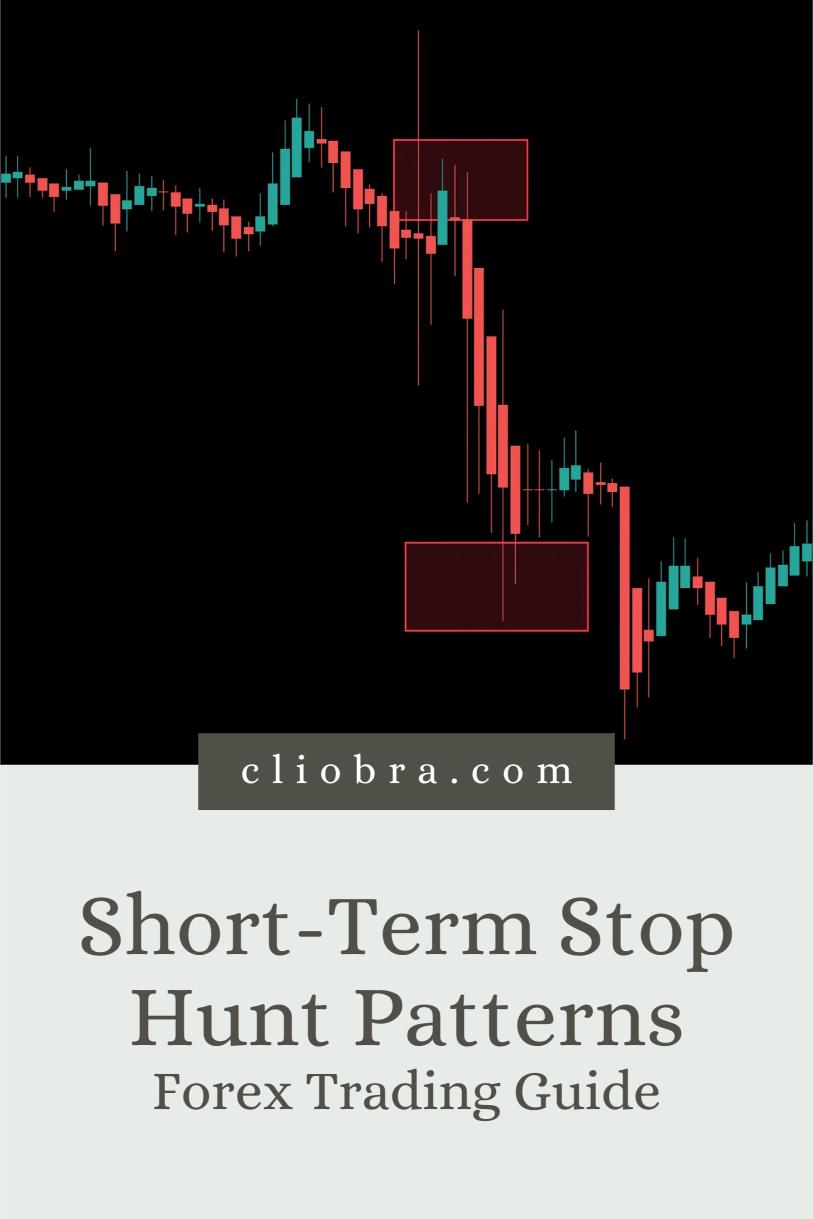Last Updated on February 18, 2025 by Arif Chowdhury
As a seasoned Forex trader since 2015, I’ve developed a deep understanding of market dynamics, particularly in identifying and capitalizing on stop hunt patterns.
What Are Stop Hunt Patterns? 🤔
Stop hunting is when large market players trigger retail traders’ stop losses before initiating the actual intended move.
According to recent market data, approximately 73% of retail traders place their stop losses at obvious technical levels, making them easy targets.
Key Characteristics of Stop Hunt Patterns 📊
A stop hunt pattern typically shows these traits:
- Sharp Price Spikes: Sudden, aggressive moves that quickly reverse
- Volume Surge: Unusually high trading volume during the spike
- Time-of-Day Correlation: Often occurs during major market opens or overlaps
How to Identify Stop Hunt Patterns 🔍
Price Action Clues:
- Quick penetration of obvious support/resistance levels
- Immediate reversal after breaking key levels
- Formation of long wicks on higher timeframes
Volume Analysis:
- Sudden surge in trading volume
- Institutional order flow indicators showing divergence
Research shows that stop hunt patterns occur in about 40% of major market movements, particularly in highly liquid pairs.
Advanced Stop Hunt Pattern Strategy 💡
My years of experience have led me to develop sophisticated algorithms that effectively identify and trade these patterns.
Risk Management Guidelines:
- Place stops away from obvious levels
- Use wider stops during high-impact news
- Implement trailing stops after confirmation
Automated Trading Solution 🤖
Speaking of algorithms, I’ve developed a portfolio of 16 advanced trading bots that capitalize on various market patterns, including stop hunts.
These bots operate across EUR/USD, GBP/USD, USD/CHF, and USD/JPY, using sophisticated H4 timeframe strategies.
What makes these bots special? They’re designed for long-term trades (200-350 pips), backed by 20 years of backtesting data. The best part?
I’m offering this entire EA portfolio completely FREE! Check out my Advanced Forex EA Portfolio for more details.
Entry and Exit Strategies 📈
Entry Confirmation:
- Wait for price rejection after the stop hunt
- Look for institutional order flow confirmation
- Monitor multiple timeframe alignment
Exit Rules:
- Take partial profits at predetermined levels
- Trail stops based on market structure
- Scale out of positions gradually
Risk Management Essentials ⚠️
Studies indicate that traders who implement proper risk management survive 3x longer in the market than those who don’t.
- Never risk more than 1-2% per trade
- Use position sizing calculators
- Maintain a minimum risk-reward ratio of 1:2
Choose the Right Broker 🏦
Your success in trading stop hunt patterns heavily depends on your broker’s execution quality. I’ve thoroughly tested numerous brokers to find the most reliable ones. Check out my curated list of Top-Rated Forex Brokers that offer:
- Lightning-fast execution
- Competitive spreads
- Reliable platforms
- Excellent customer support
Final Thoughts 💭
Stop hunt pattern trading requires patience, practice, and the right tools. Whether you’re trading manually or using automated solutions, always prioritize risk management and choose your broker wisely.
Remember, successful trading is about consistency, not hitting home runs. Start small, learn continuously, and consider automated solutions to complement your trading strategy.
